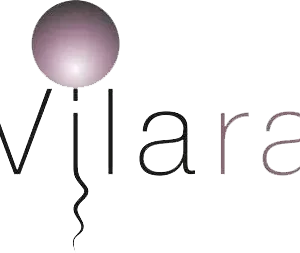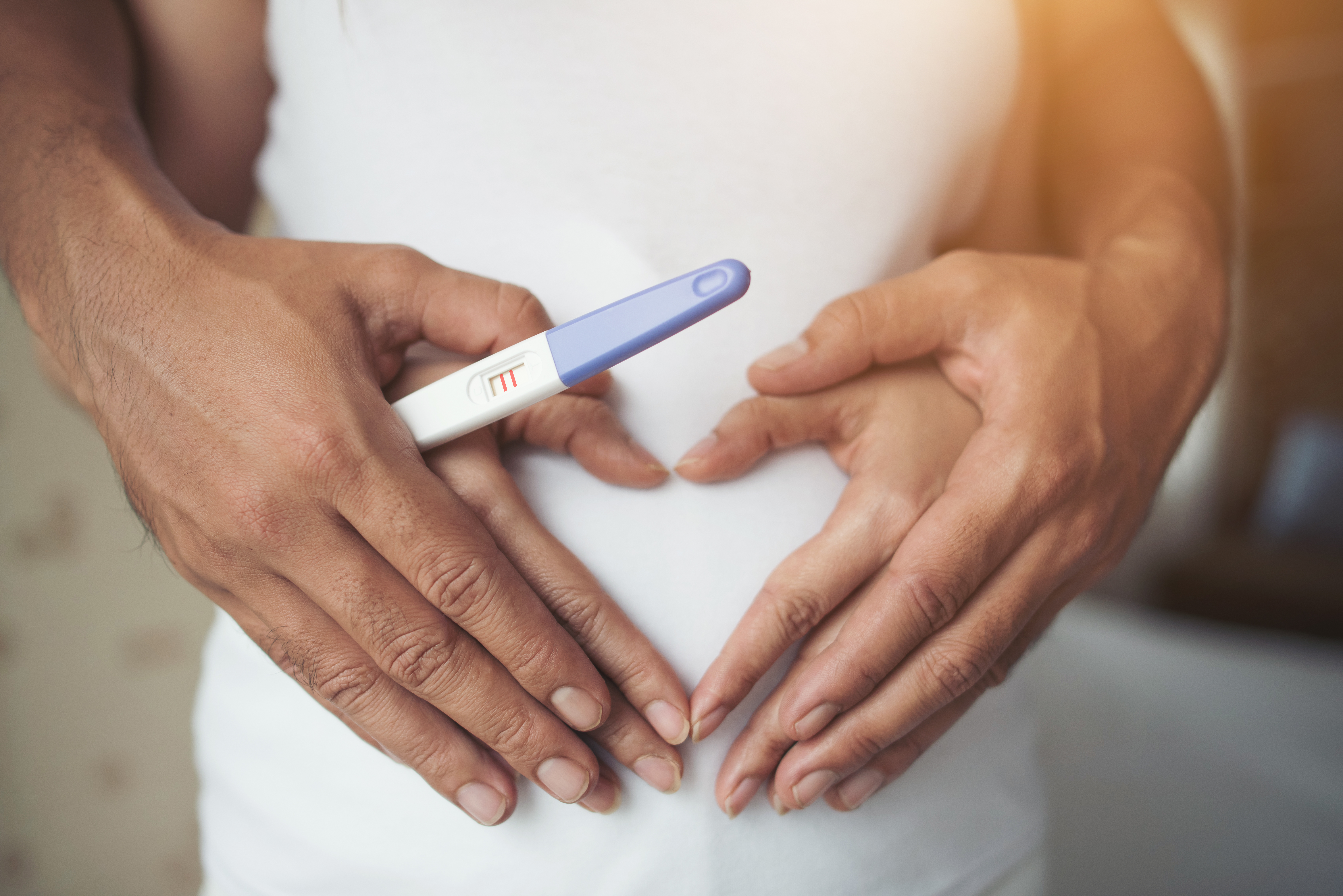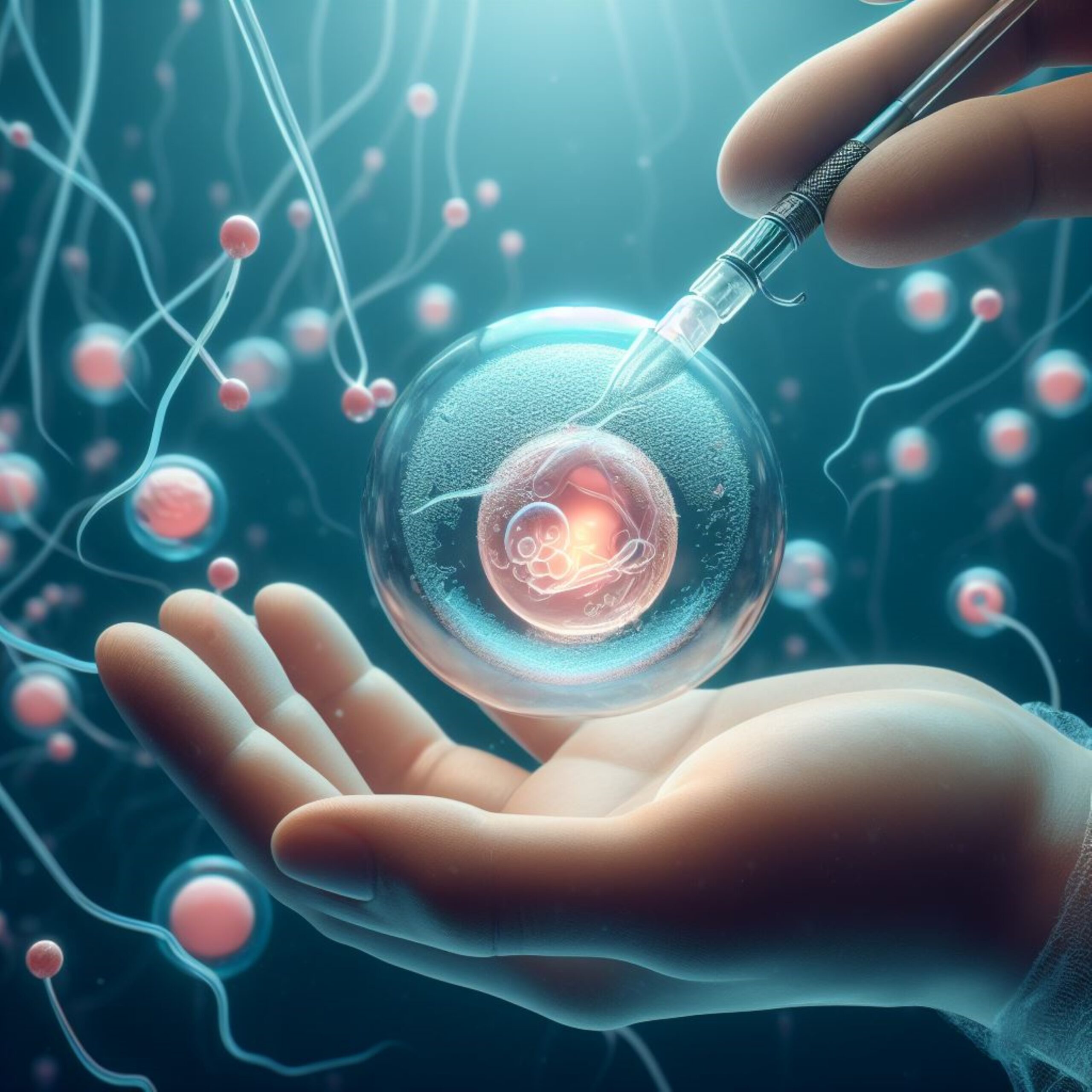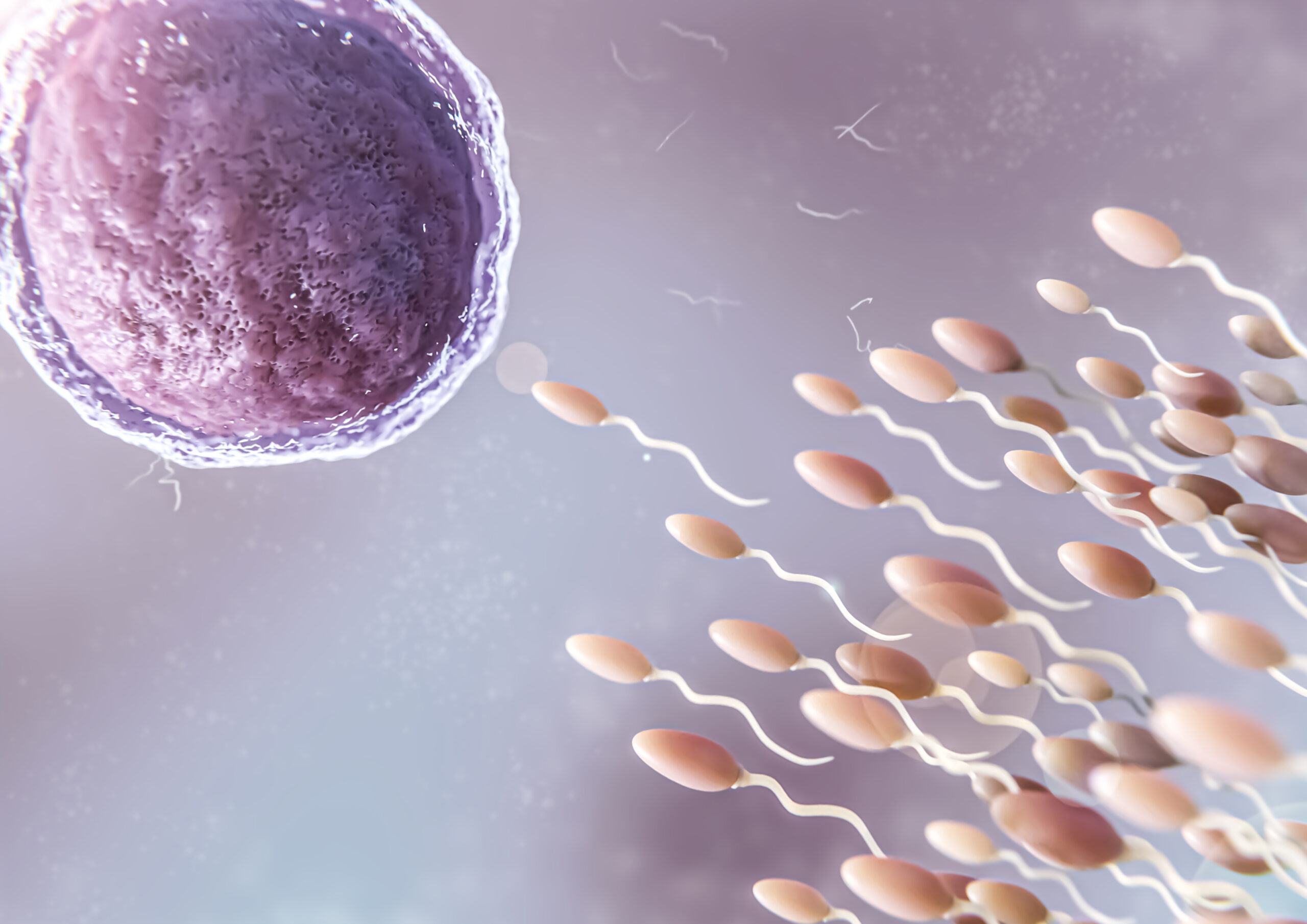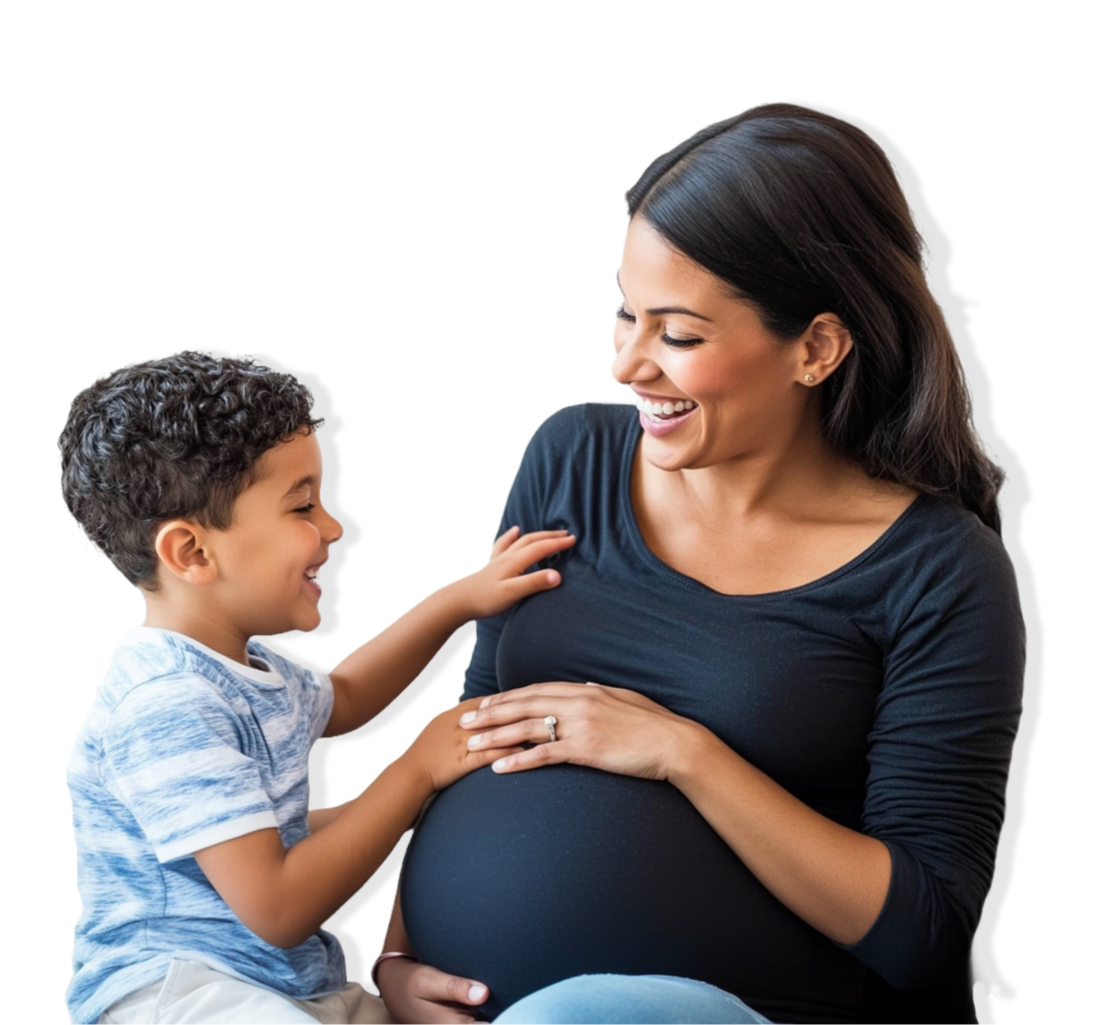
O seu sonho de ser mãe começa com um passo e nós damos ele junto com você.
Tecnologia de ponta, cuidado individualizado e os melhores especialistas ao seu lado.

Na Clínica Vilara, você encontra um centro de excelência em Reprodução Assistida, com mais de 10 médicos especialistas, milhares de casais atendidos e 98% de avaliações positivas. Aqui, cada tratamento é pensado sob medida, respeitando sua história e seus sonhos. Estamos prontos para caminhar com você rumo à realização do seu desejo de ter um ou mais filhos.
de nossos clientes
Profissionais
para acompnhamento
Nossos tratamentos
Tecnologia de ponta, cuidado individualizado e os melhores especialistas ao seu lado.
Fertilização
in Vitro (FIV)
É considerada o TRA mais usado em todo o mundo, tendo já nascido mais …
Injeção intracitoplasmática de espermatozoide (ICSI)
Consiste na injeção de um único espermatozóide …
Teste genético pré-implantacional (PGT)
é um procedimento diagnóstico tradicional utilizado para aumentar …
Doação
de óvulos
Uma vez realizado o pareamento dos casais, a doadora iniciará seu tratamento …




Sobre nós
A Clínica Vilara
A Clínica Vilara de Reprodução Assistida se diferencia por unir tecnologia de ponta e um conceito inovador em seus tratamentos. Com um time de especialistas renomados, reconhecidos tanto nacional quanto internacionalmente, a clínica oferece um atendimento de excelência no campo da Medicina Reprodutiva.
Além dos mais modernos equipamentos, a Clínica Vilara está na vanguarda com abordagens e tratamentos atualizados para a infertilidade conjugal, sempre comprometida com resultados de alta qualidade e o bem-estar dos pacientes.
Conheça nossas unidades:
Depoimentos
Conheça a história de pessoas
que realizaram os seus sonhos.

Carolina
Fiquei muito satisfeita com todo o atendimento da Clínica Vilara. Primeiro tive contato com o Dr Sergimar para fazer congelamento de óvulos e 2 anos depois fiz a fertilização in vitro com sucesso! Obrigada Dr Sergimar e equipe por nos…
Ver completo
Luciana
Olá Pessoal!!! Gostaríamos de dividir com vocês um pouco da nossa Felicidade.. a tão esperada chegada do nosso Baby! Depois de 2 anos tentando engravidar, passando por mais de 3 médicos, fazendo vários exames, fui indicada ao Dr. Sandro da…
Ver completo
Katiele e Ricardo
Olá, quero agradecer a toda equipe Vilara, desde as recepcionistas aos médicos, em especial ao Dr. Sandro Sabino, não tenho palavras para descrever tamanha alegria e felicidade, pois estamos falando de vida, de sonhos, e vocês usados por Deus nos…
Ver completo
Sandra e Mário
Abençoados por Deus! Foram muitas lágrimas, questionamentos e angústias, mas nós nunca pensamos em desistir. Tudo acontece na hora de Deus. Acreditem, vocês terão a hora de vocês. É preciso ter paciência, fé e muita persistência. Estamos grávidos de 12…
Ver completoTelemedicina Clínica Vilara
Agende sua consulta por telemedicina e fale com nossos especialistas de onde estiver.
Atendimento:
Seg a Sex de 8h00 a 18h00 e Sáb de 8h00 a 12h00
Telefones:
(31) 3070-5568 -(31) 3070-5851 - (31) 99569-9150
